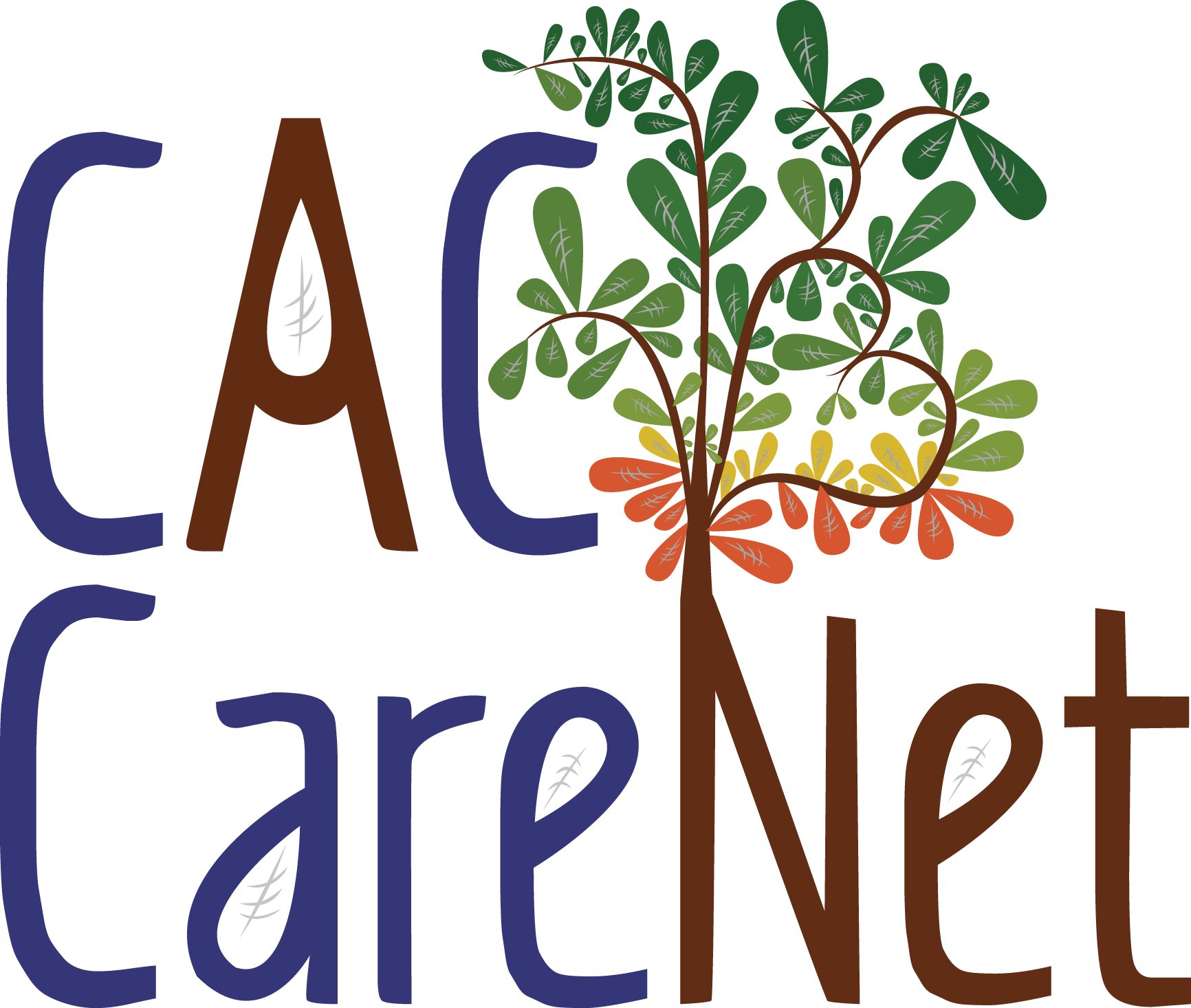Do you suspect abuse?
Did you know that legislation, requires any individual who suspects that a child has been abused by any person to report that to the Abuse Hotline?
Any allegations a child was abused or neglected by a caregiver will be investigated, while allegations of child abuse, by someone other than a caregiver, will be accepted at the Hotline and immediately electronically transferred to the appropriate local law enforcement agency where the child lives.
There are penalties in place, for those who suspect a child is being abused but fail to report. It’s not only the Law but also the right thing to do.
Below is a partial list of Signs and Symptoms of different types of abuse. Please take a moment to read and become familiar with them. Then, should a situation arise, you’ll know what to do.
Symptoms
A child who’s being abused may feel guilty, ashamed or confused. He or she may be afraid to tell anyone about the abuse, especially if the abuser is a parent, another relative, or family friend. That’s why it’s vital to watch for red flags, such as:
- Withdrawal from friends or usual activities
- Changes in behavior, especially sudden changes — such as aggression, anger, hostility or hyperactivity — or changes in school performance
- Depression, anxiety, or unusual fears
- Sudden loss of self-confidence
- Apparent lack of supervision
- Frequently absent from school
- Reluctance to leave school, as if he or she doesn’t want to go home
- Attempts at running away
- Rebellious or defiant behavior
- Self-harm, Cutting, etc.
- Attempted suicide
Specific signs and symptoms depend on the type of abuse and can vary. Keep in mind that warning signs are just that — warning signs. The presence of warning signs doesn’t necessarily mean that a child is being abused.
Physical abuse signs and symptoms
- Unexplained injuries, such as bruises, fractures or burns
- Injuries that don’t match the given explanation
Sexual abuse signs and symptoms
- Sexual behavior or knowledge that’s inappropriate for the child’s age
- Pregnancy or a sexually transmitted infection
- Blood in the child’s underwear
- Statements that he or she was sexually abused
- Inappropriate sexual contact with other children
Emotional abuse signs and symptoms
- Delayed or inappropriate emotional development
- Loss of self-confidence or self-esteem
- Social withdrawal or a loss of interest or enthusiasm
- Depression
- Avoidance of certain situations, such as refusing to go to school or ride the bus
- Desperately seeks affection
- A decrease in school performance or loss of interest in school
- Loss of previously acquired developmental skills
Neglect signs and symptoms
- Poor growth or weight gain or being overweight
- Poor hygiene
- Lack of clothing or supplies to meet physical needs
- Taking food or money without permission
- Hiding food for later
- Has learning difficulties, or trouble focusing, that cannot be attributed to specific physical or psychological causes
- Has not received help for physical or medical problems brought to the parents’ attention
- Is always watchful, as though preparing for something bad to happen
- Seems to always lack adult supervision
- Has unexplained burns, bites, bruises, broken bones or black eyes
- Has fading bruises or other marks noticeable following an absence from school
- Seems frightened of their parent or caregiver and protests or cries when it is time to go home from a playdate, school or other activity
- Is abusive toward pets or other animals
- Poor record of school attendance
- Lack of appropriate attention for medical, dental or psychological problems or lack of necessary follow-up care
Parental behavior
Sometimes a parent’s demeanor or behavior sends red flags about child abuse. Warning signs include a parent who:
- Shows little concern for the child
- Appears unable to recognize physical or emotional distress in the child
- Blames the child for the problems
- Consistently belittles or berates the child, and describes the child with negative terms, such as “worthless” or “evil”
- Expects the child to provide him or her with attention and care and seems jealous of other family members getting attention from the child
- Uses harsh physical discipline
- Demands an inappropriate level of physical or academic performance
- Severely limits the child’s contact with others
- Offers conflicting or unconvincing explanations for a child’s injuries or no explanation at all
Child health experts condemn the use of violence in any form, but some people still use corporal punishment, such as spanking, as a way to discipline their children. Any corporal punishment may leave emotional scars. Parental behaviors that cause pain, physical injury or emotional trauma — even when done in the name of discipline — could be child abuse.
When to see a doctor
If you’re concerned that your child or another child has been abused, seek help immediately. Depending on the situation, contact the child’s doctor or health care provider, a local child protective agency, the police department, or a 24-hour hotline such as Child help National Child Abuse Hotline (1-800-422-4453).
If the child needs immediate medical attention, call 911 or your local emergency number.
Keep in mind that health care professionals are legally required to report all suspected cases of child abuse to the appropriate county authorities or the police.

